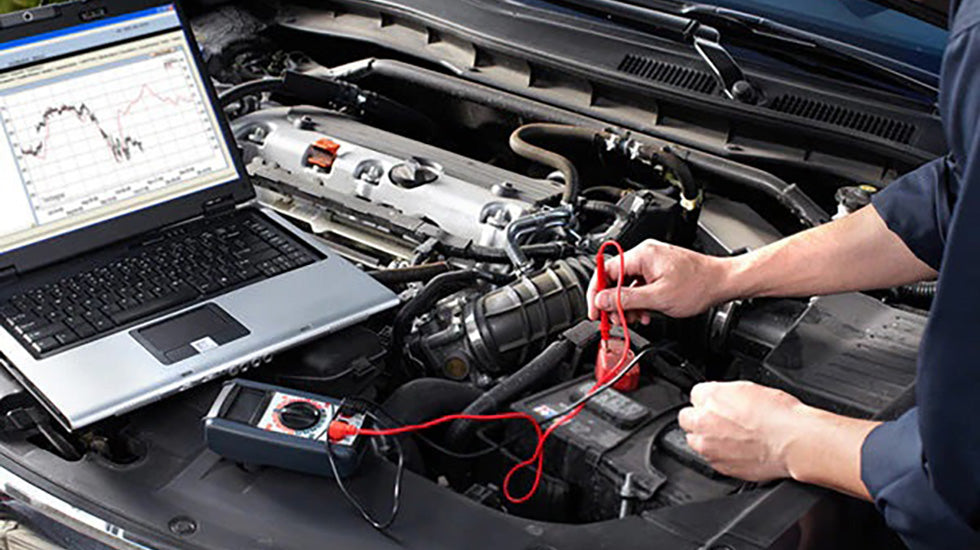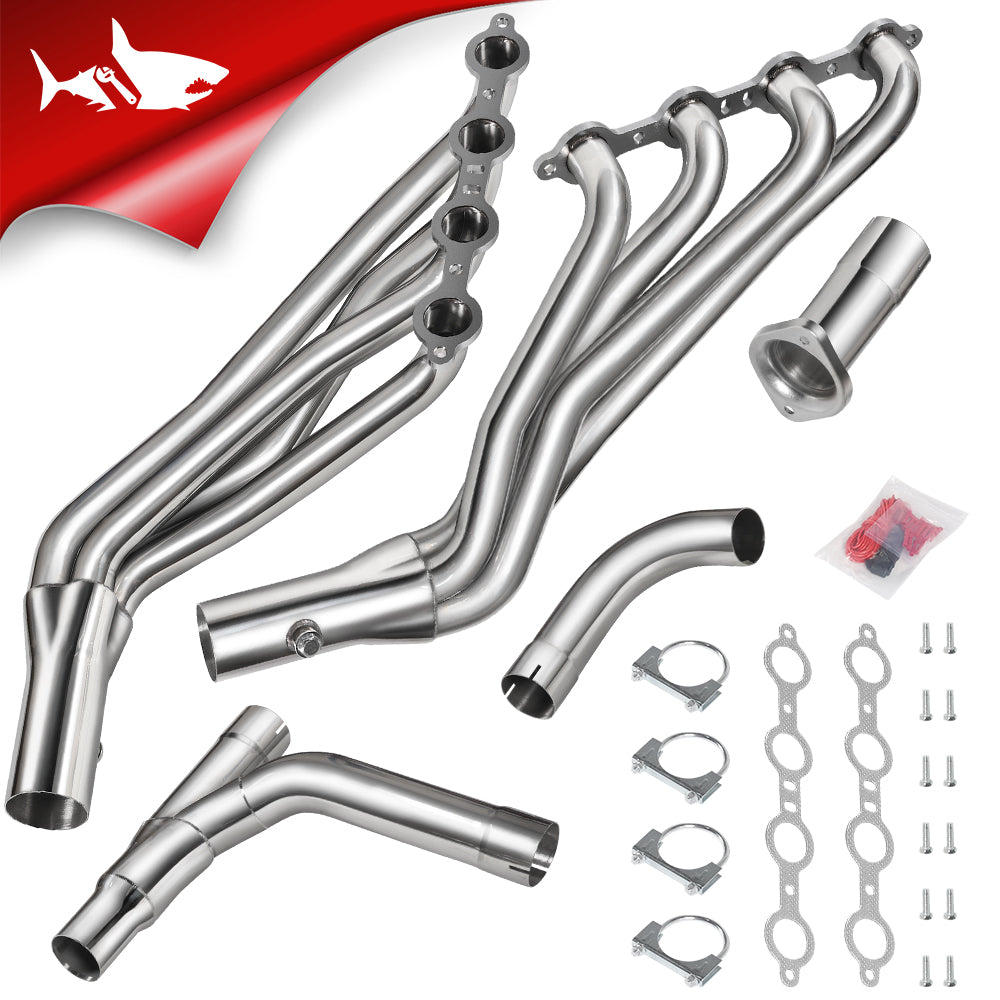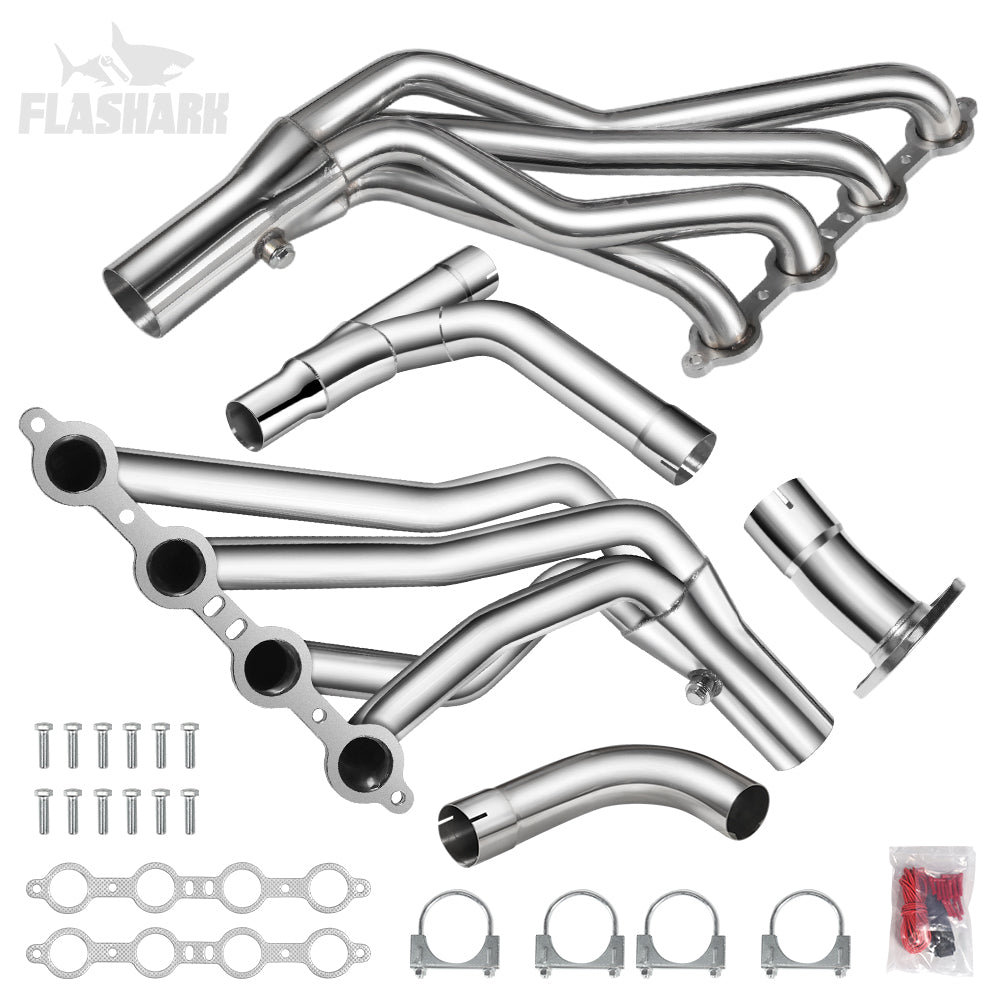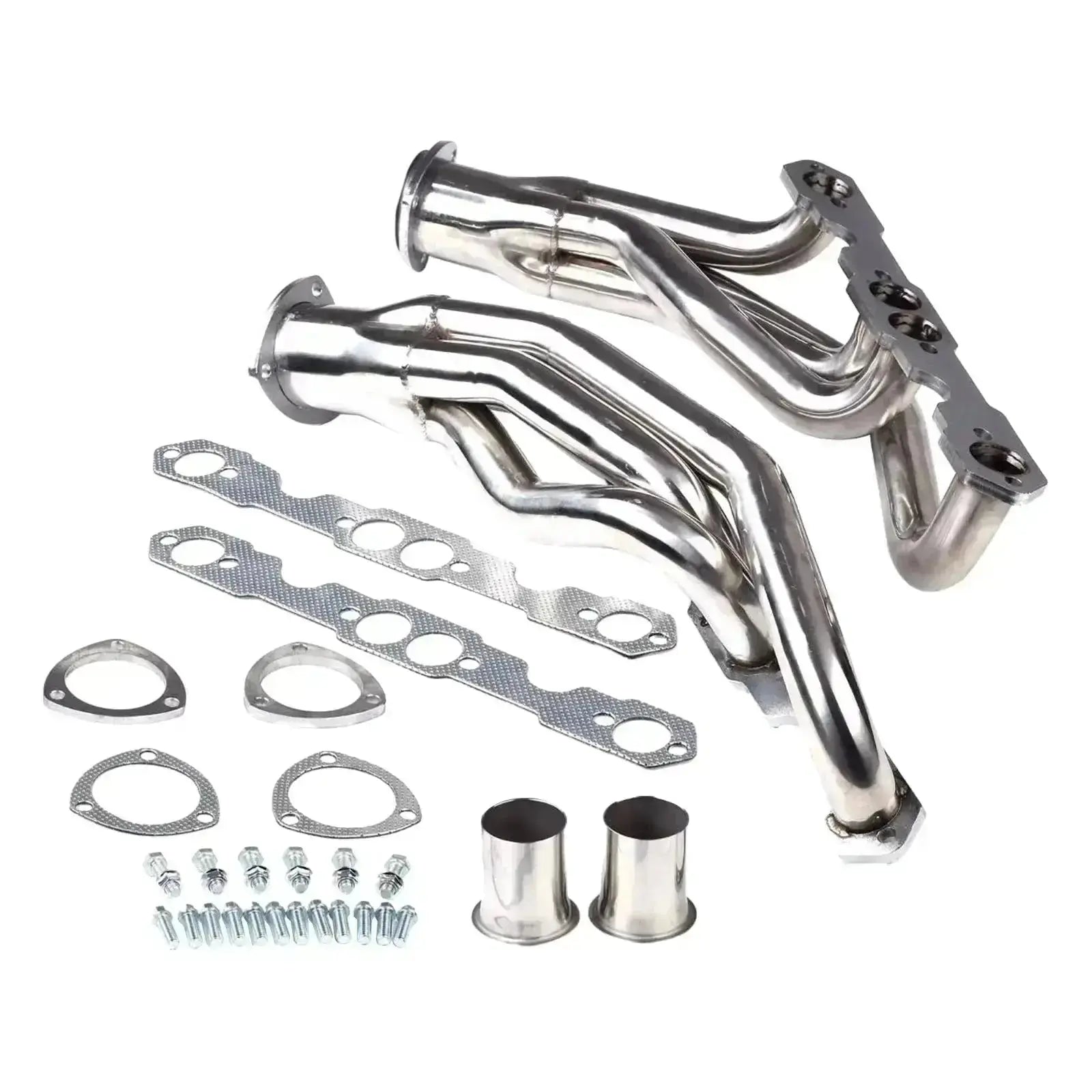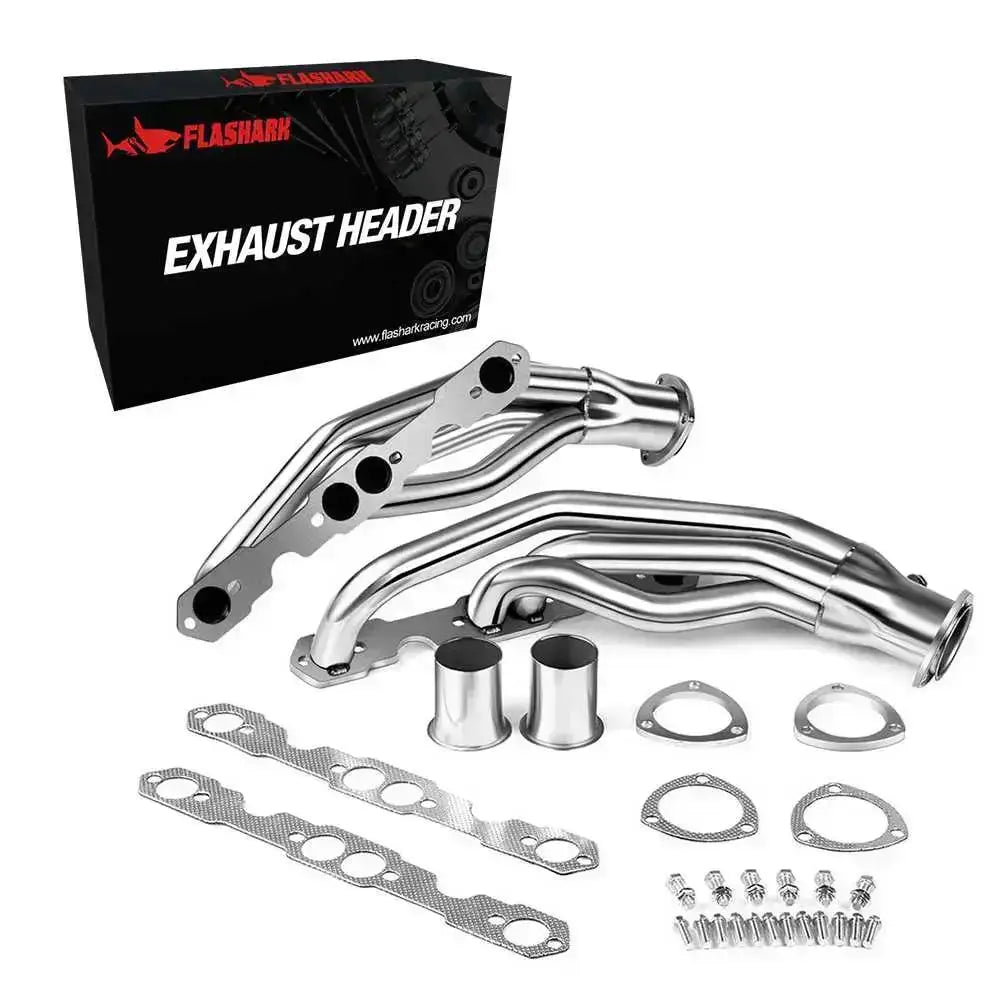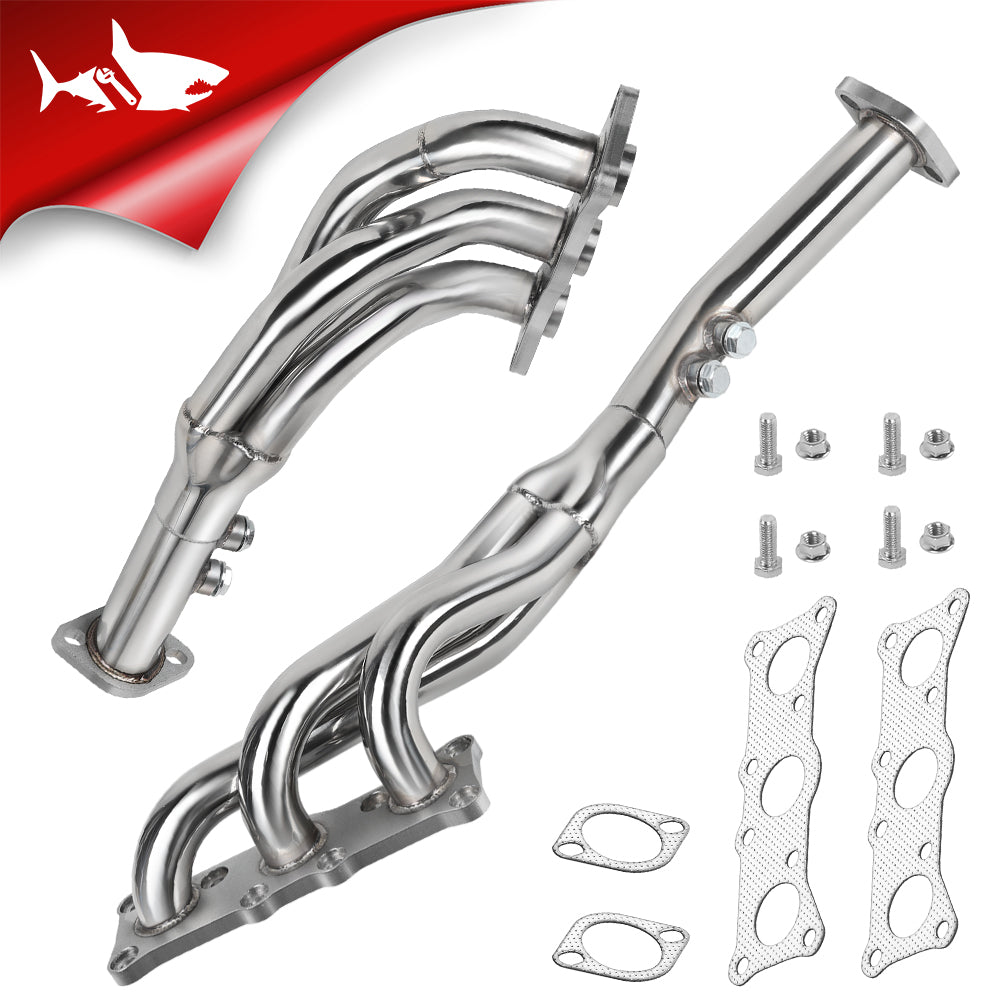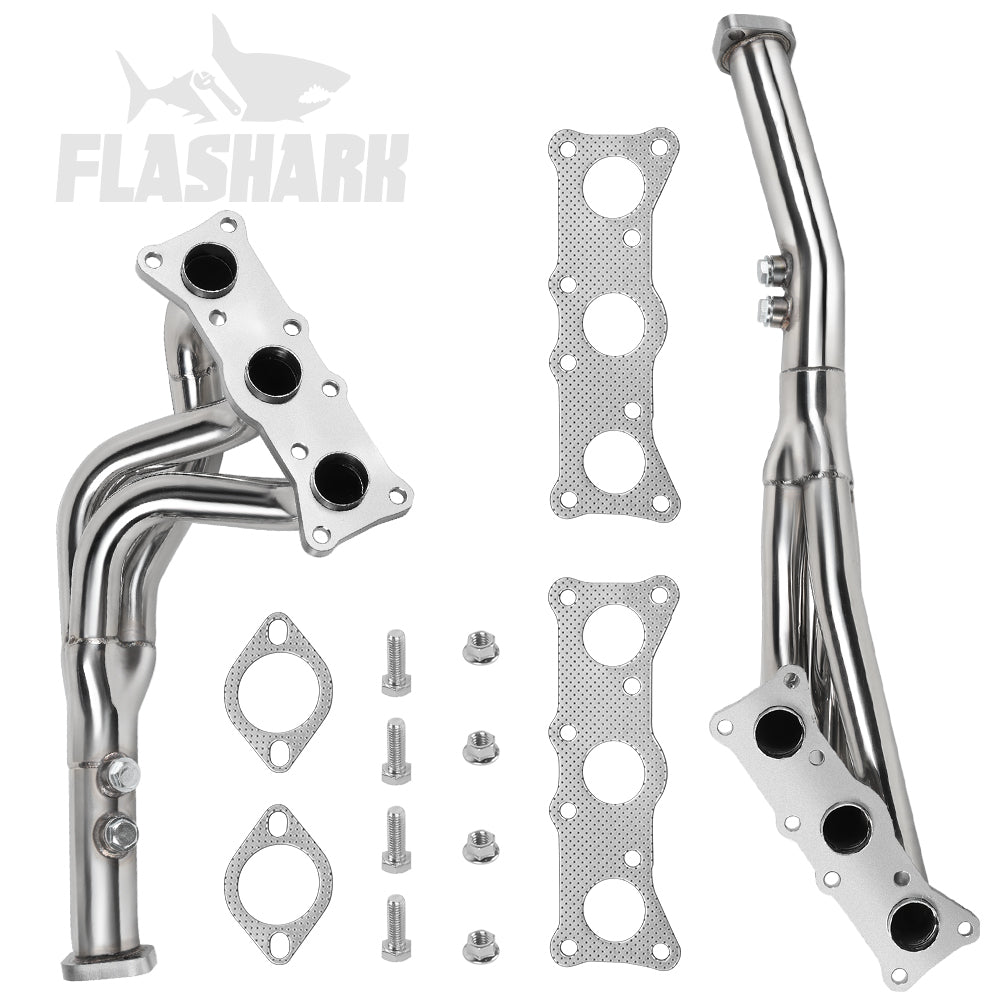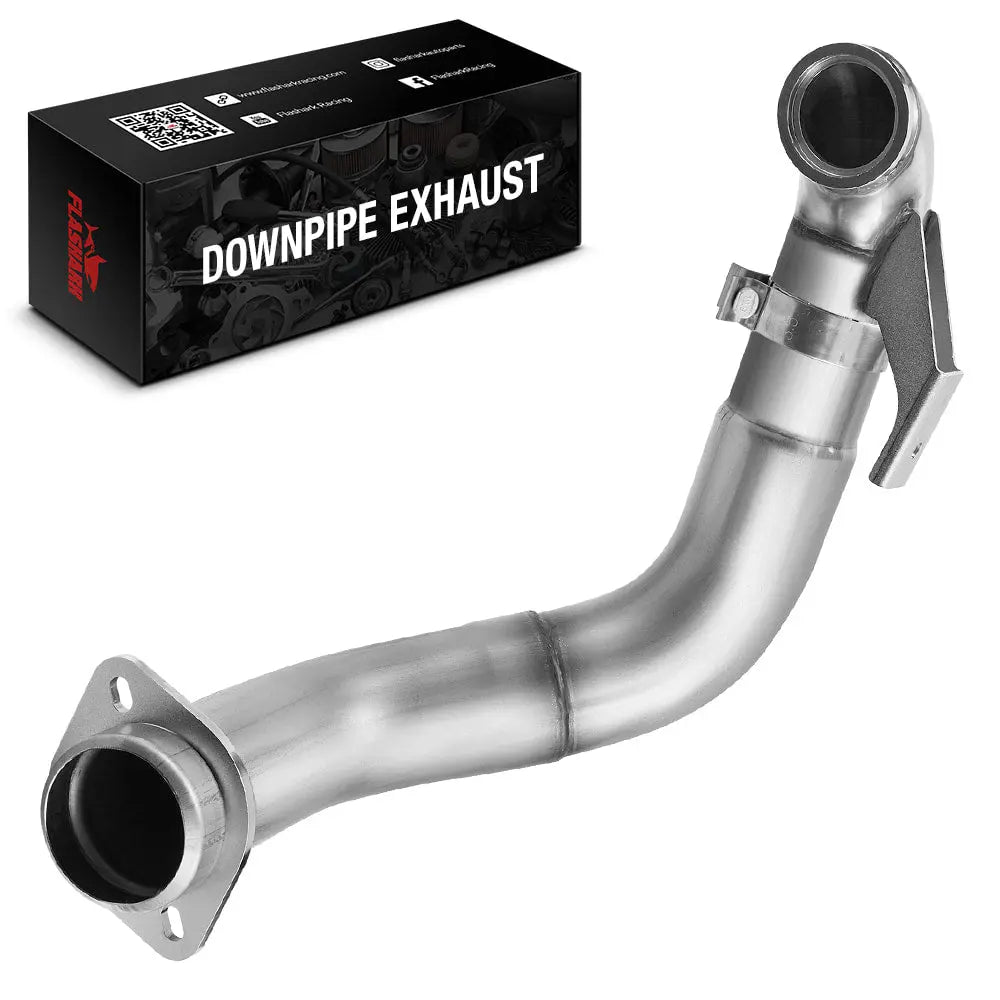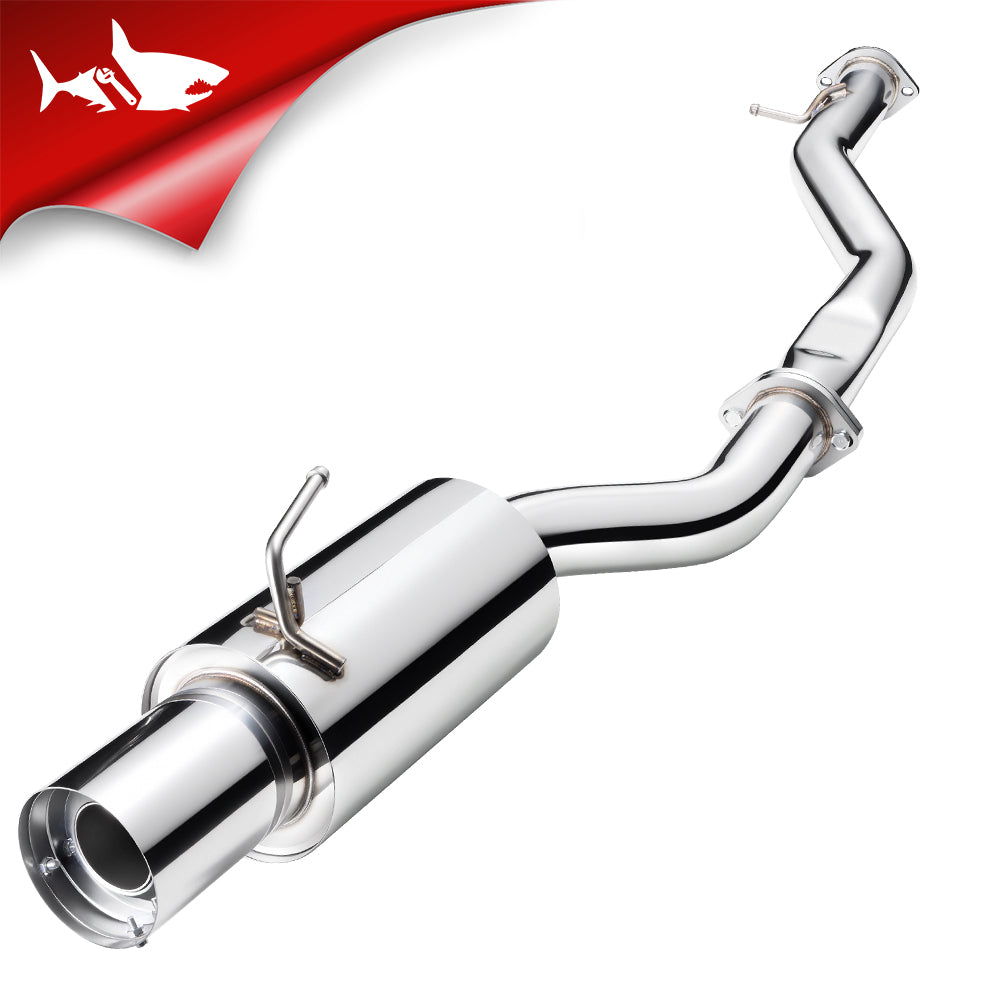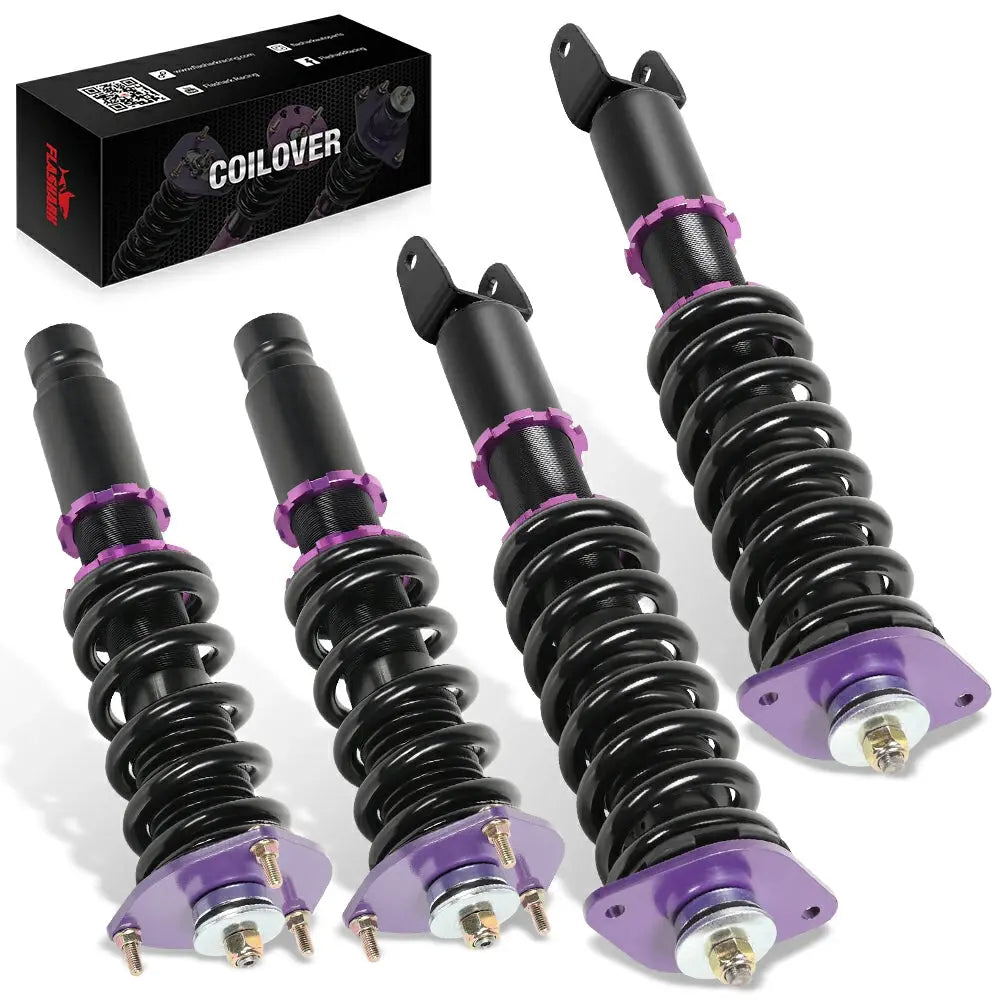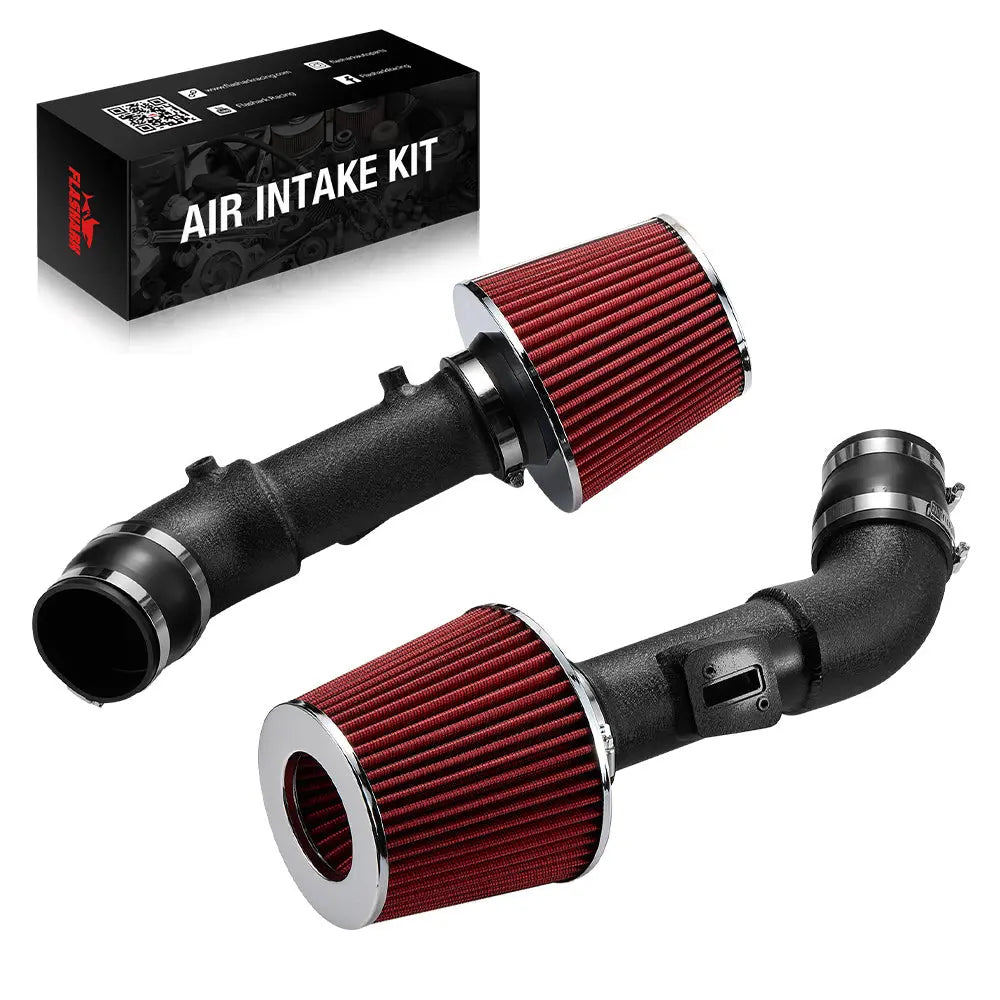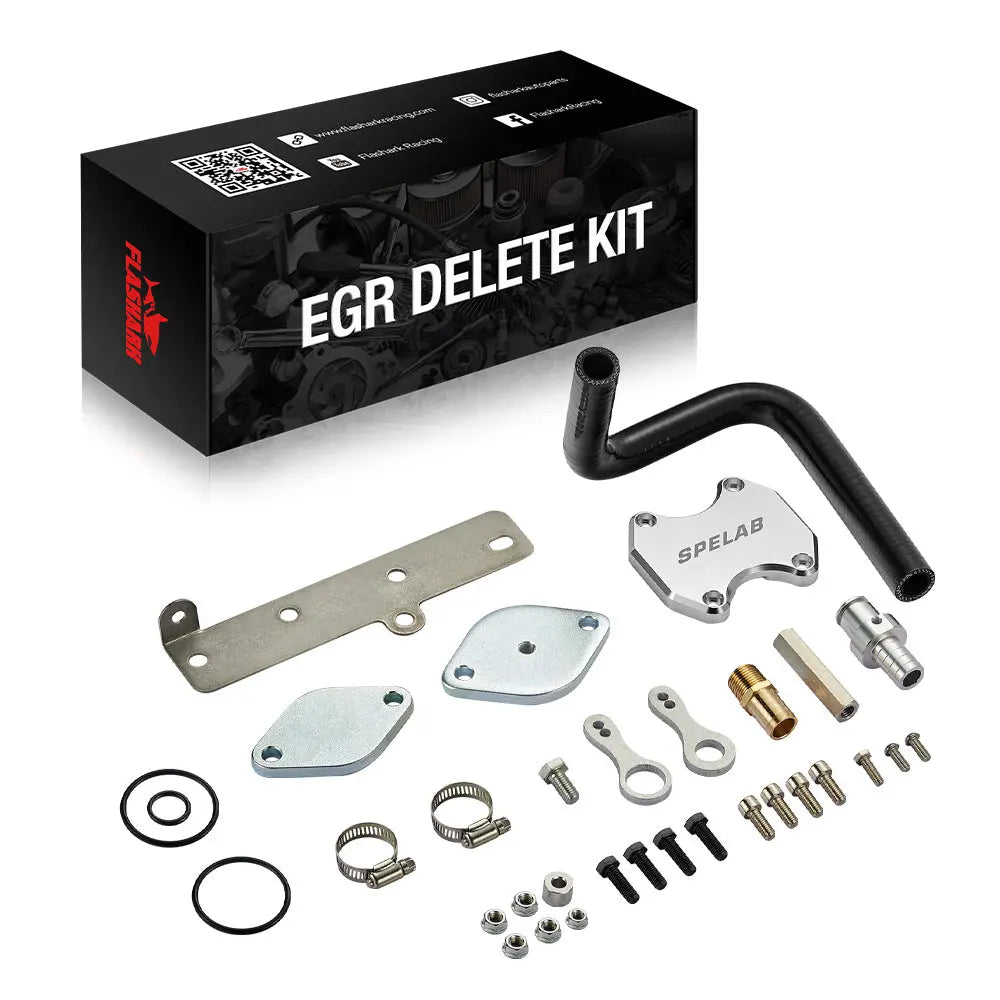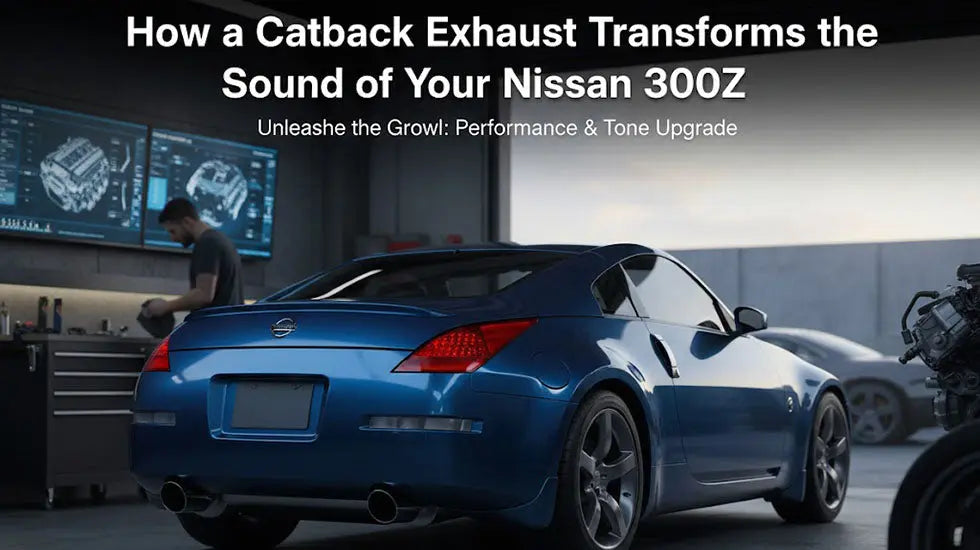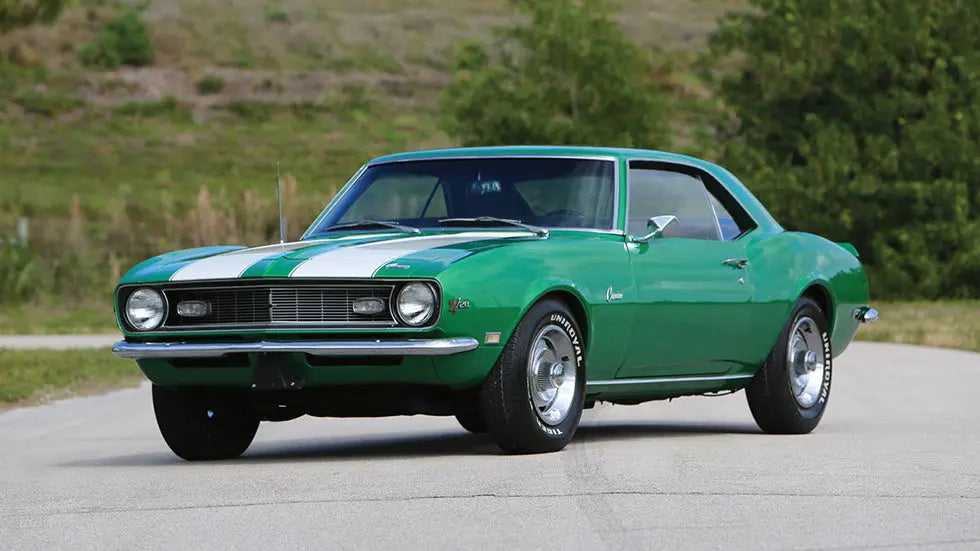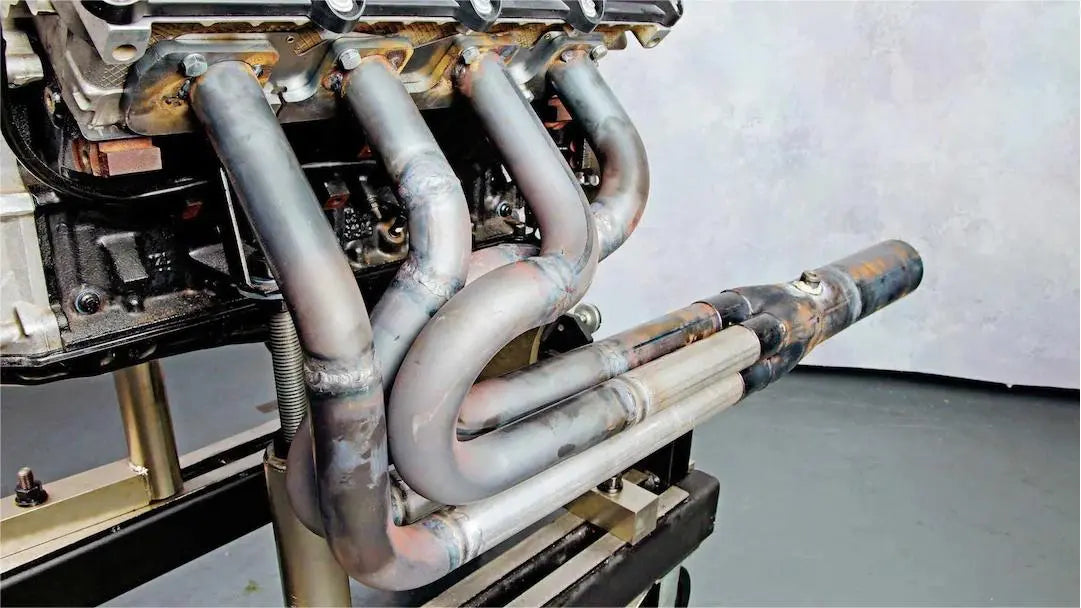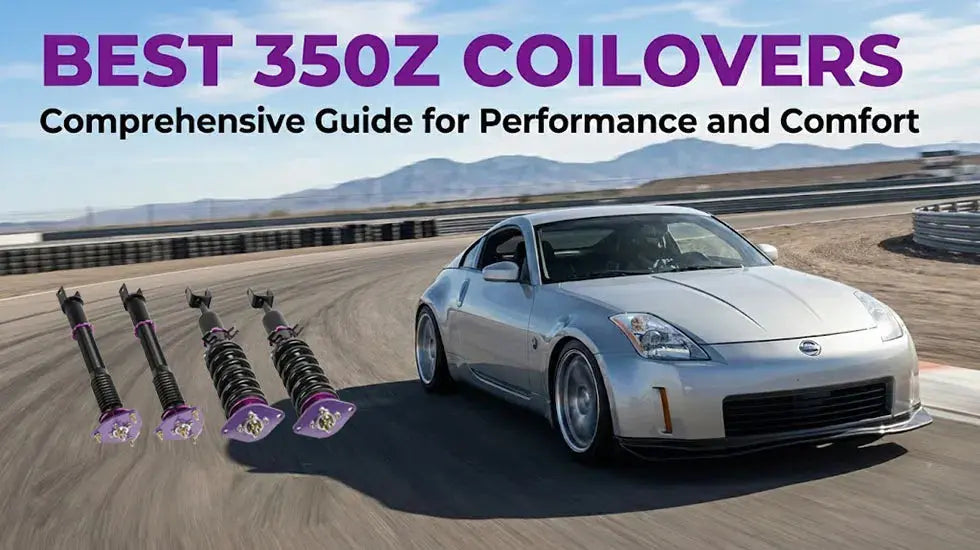When you're considering a DPF or EGR delete, one of the first questions that comes up is whether a tune or remap is necessary. Let's break down what you really need to know before making this decision.
Why Tuning or Remapping is Needed After DPF/EGR Delete
Deleting the DPF delete or EGR changes how your truck's engine breathes and manages emissions. The factory ECU programming is built around having these systems in place.
Without a proper tune, the engine management system will likely throw error codes. This can lead to limp mode, poor performance, and even prevent your truck from running smoothly.
A quality tune or remap recalibrates the ECU. It removes error triggers, optimizes performance, and ensures all new hardware works together as it should.
What Happens If You Don’t Tune or Remap After a Delete?
Running your truck after a DPF or EGR delete without tuning is asking for trouble. You'll probably see the check engine light, along with warnings about emissions systems.
Performance can drop, and the truck might enter limp mode to protect itself. Fuel economy can also take a hit, sometimes worse than before the delete.
In some cases, your truck may not start at all. The bottom line: tuning is not just recommended, it’s often required for your truck to operate correctly after a delete.
Is It Mandatory to Tune After an EGR or DPF Delete for Different Engines?
Some folks ask if all engines need tuning after a delete. For most modern diesels—like the 6.0 Powerstroke or 6.7 Cummins—yes, tuning is a must.
6.0 Powerstroke / 6.7 Cummins Case
After deleting the EGR or DPF on these engines, the ECU will constantly look for system data that’s no longer there. A tune tells the computer to ignore these missing signals and run correctly.
Does an EGR Delete Need a Remap?
Even if you only delete the EGR, a remap is typically needed. Without it, you risk engine lights, reduced power, and potential long-term issues.
How Much HP Gain Can You Expect After DPF/EGR Delete and Tuning?
HP gains vary, but most drivers see noticeable improvements. After a DPF/EGR delete and a proper tune, gains of 30-60 HP are common. Some setups see even more.
Tuning doesn’t just boost power. It also improves throttle response and can make towing or daily driving feel a lot better.
Remember, real-world results depend on your truck’s condition, the quality of the tune, and any other upgrades you’ve made.
What Are the Downsides and Legal Risks of DPF/EGR Delete and Tuning?
It’s important to know that deleting emissions equipment is not legal for on-road use in many regions. You might fail inspections, get fined, or void your warranty.
Environmental concerns are real, too. Removing emissions systems increases exhaust pollutants.
Always check local laws before moving forward. And be prepared—once deleted and tuned, your truck may not be able to pass regular emissions testing.
How to Tune or Remap Your Truck After a DPF/EGR Delete
There are two main routes: DIY with a tuner device or hiring a professional. Plug-and-play tuners make it easy for many popular diesel trucks.
Professional tuning shops offer custom calibrations. They can squeeze out more performance and ensure your truck runs safely.
No matter the route, always back up your factory ECU settings before making changes. Invest in a reputable tuning solution—your truck (and wallet) will thank you.
FAQs
Q: Can I drive my truck without a tune after a delete?
Not recommended. You’re likely to face drivability issues, warning lights, or even a no-start condition.
Q: Is tuning/remapping reversible?
Yes, if you keep your stock ECU file. Some tuners allow you to switch between stock and custom tunes.
Q: Will my fuel economy improve?
Usually, yes—especially if your DPF was clogged. But results depend on your driving habits and the tune itself.
Q: What’s the cost for tuning after a delete?
Tuning prices range from a few hundred to over a thousand dollars, depending on your truck and chosen solution.
Summary & Expert Advice
If you’re deleting your DPF or EGR, tuning is absolutely essential. It keeps your truck running right, maximizes performance, and protects against costly issues.
Always go with a trusted tuner or shop. Do your homework on legal risks and warranty impacts before making the leap.
Ready to upgrade your ride? Make sure you tune it right—your truck deserves the best.

